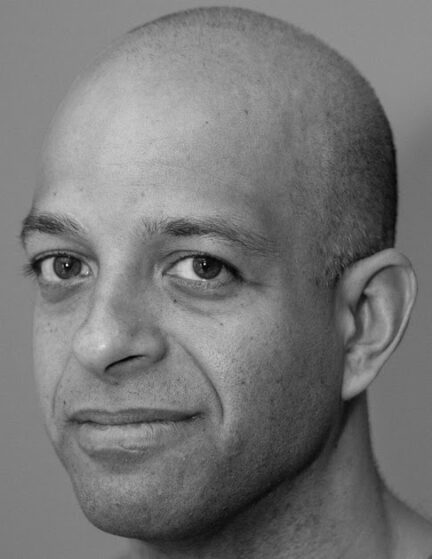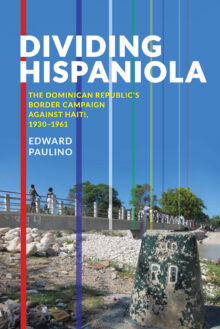
Edward Paulino
Edward Paulino is assistant professor of global history at John Jay College, City University of New York. He is a cofounder of Border of Lights, an organization that commemorates the anniversary of the 1937 genocidal Haitian massacre and promotes solidarity between Haitians and Dominicans. Paulino serves on the board of the Northern Manhattan Coalition for Immigration Rights and is a member of the International Association of Genocide Scholars.
Dividing Hispaniola
The Dominican Republic's Border Campaign against Haiti, 1930-1961
The island of Hispaniola is split by a border that divides the Dominican Republic and Haiti. This border has been historically contested and largely porous. Dividing Hispaniola is a study of Dominican dictator Rafael Trujillo’s scheme, during the mid-twentieth century, to create and reinforce a buffer zone on this border through the establishment of state institutions and an ideological campaign against what was considered an encroaching black, inferior, and bellicose Haitian state. The success of this program relied on convincing Dominicans that regardless of their actual color, whiteness was synonymous with Dominican cultural identity.
Paulino examines the campaign against Haiti as the construct of a fractured urban intellectual minority, bolstered by international politics and U.S. imperialism. This minority included a diverse set of individuals and institutions that employed anti-Haitian rhetoric for their own benefit (i.e., sugar manufacturers and border officials.) Yet, in reality, these same actors had no interest in establishing an impermeable border.
Paulino further demonstrates that Dominican attitudes of admiration and solidarity toward Haitians as well as extensive intermixture around the border region were commonplace. In sum his study argues against the notion that anti-Haitianism was part of a persistent and innate Dominican ethos.

